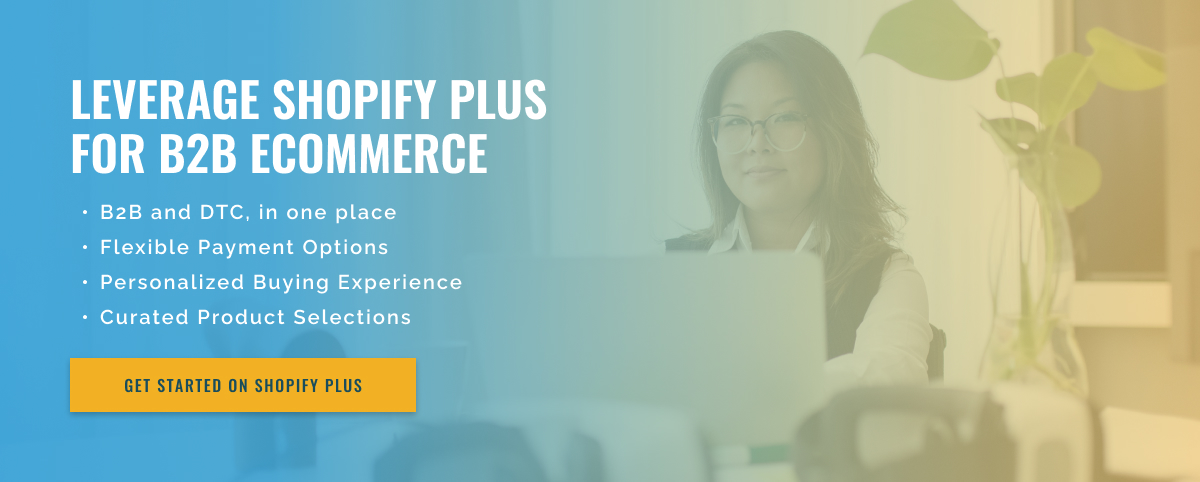3 minute read
Shopify Integration with B2B Marketing Automation
Shopify, a popular eCommerce platform, is known for its user-friendly interface and robust features that make it the best choice for businesses looking to establish an online presence. But can Shopify seamlessly integrate with B2B-focused marketing automation platforms to generate leads? The short answer is yes, and here’s why.
First, let’s define what we mean by B2B-focused marketing automation platforms. These are software solutions specifically designed to help companies automate marketing activities such as lead generation, email marketing, and customer segmentation, to name a few. These tools are especially useful for B2B companies because they provide more targeted and personalized marketing strategies.
Now let’s get back to our main question. Shopify is an eCommerce platform, while B2B-oriented marketing automation platforms are marketing tools. At first glance, it may seem like they are two separate worlds, but the truth is that they can work together seamlessly.
One of the main ways Shopify integrates with B2B-focused marketing automation platforms is through the app store. Shopify offers a wide selection of apps that help businesses improve their online stores. Many of these applications are designed specifically to integrate with marketing automation platforms. These apps allow you to sync customer data, order information, and other key data with your marketing automation platform, saving you time and effort.
Additionally, Shopify has its own built-in marketing automation features, such as abandoned cart recovery and personalized email marketing. These features can help businesses generate and nurture leads through targeted email campaigns. However, for more advanced and customized lead generation strategies, your best bet is to integrate Shopify with a B2B-focused marketing automation platform.
Another way Shopify can seamlessly integrate with B2B-focused marketing automation platforms is through its robust API (application programming interface). The Shopify API allows developers to create custom integrations between Shopify and their favorite marketing automation platform. This gives companies more control over how their data is synchronized and used to generate leads.
In summary, while Shopify may not have all the extensive marketing automation features that a B2B-focused platform offers, it can integrate effectively with these platforms to streamline your lead generation efforts. The key is to identify the specific needs of your business and choose a marketing automation platform that integrates well with Shopify. With the right combination, companies can create an effective and seamless B2B marketing strategy that generates more leads and conversions.

